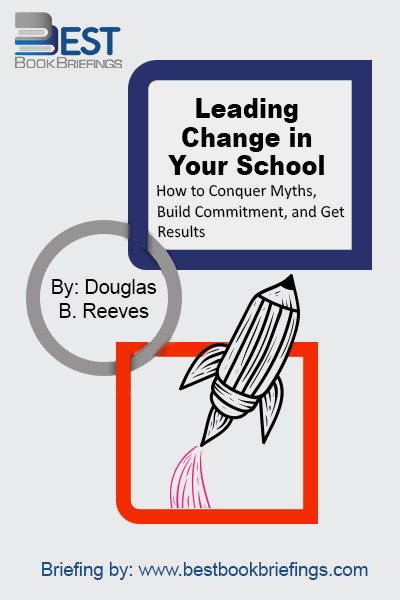Leading Change in Your School
How to Conquer Myths, Build Commitment, and Get Results
Number of pages: 179
Publisher: ASCD: Association for Supervision & Curriculum Development
BBB Library: Education
ISBN: 9781416608080
Editorial Review
In more than two-and-a-half million miles of travel to schools in every part of the world, we have found a growing number of change leaders. These are the people who not only implement change successfully, but also appear to thrive on it. Their colleagues are no more insightful, desperate, or well informed than average. Their circumstances are neither more dire nor more comfortable, so change is executed neither at the edge of a sword nor in the security of a riskless environment. Rather, these change leaders share a common commitment to the notion that ideas are more important than personalities. They challenge the popular leadership literature that elevates charisma over character, machismo over modesty. Educational leaders are expert in announcing change, scattering the seeds of promising ideas. But they are considerably less adept at moving aside the initiatives of the previous year so that the seeds of the new announcement have the slightest opportunity to take root. Hence the injunction that we must “pull the weeds” before we “plant new flowers.”
Book Reviews
Books on Related Topics
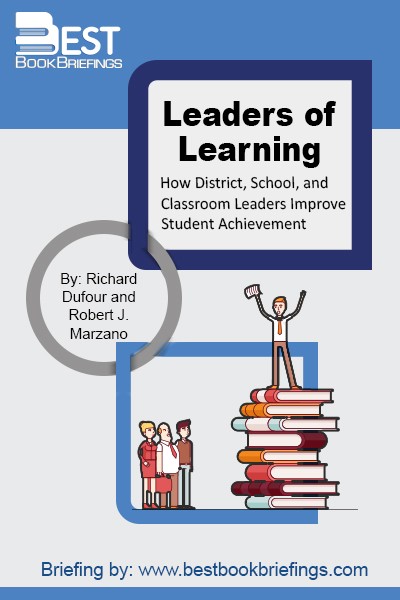
People are prone to think of leadership as an individual activity linked to a position—usually the top of the organizational chart. Furthermore, they often think the ability to lead is reserved for a heroic few, those individuals who save us from ourselves by making up for our deficiencies. We have heard
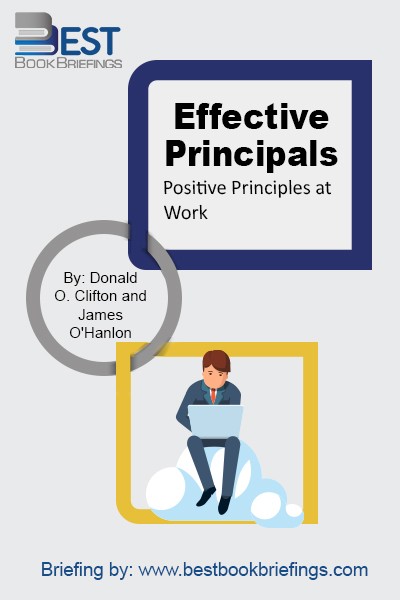
Read and learn as James O'Hanlon and Donald Clifton describe how elementary and secondary principals, identified as outstanding, carry out their work. According to the authors, these principals resemble highly effective managers in business in their adherence to the tenets of positive psychology. While the position of principal is highly demanding,
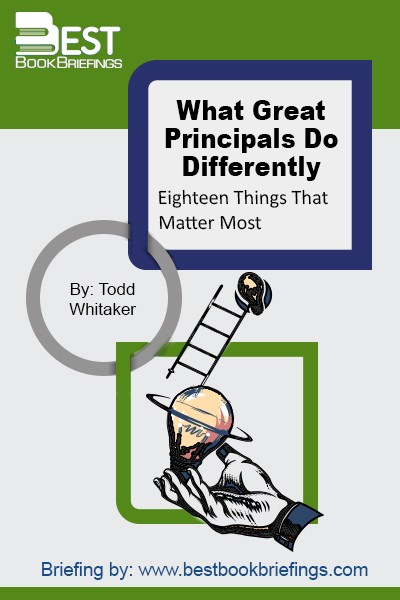
This book frames the landscape of school from the perspective of great principals. What do they see when they view their schools and the people in them? Where do they focus their attention? How do they spend their time and energy? What guides their decisions? How can we gain the same
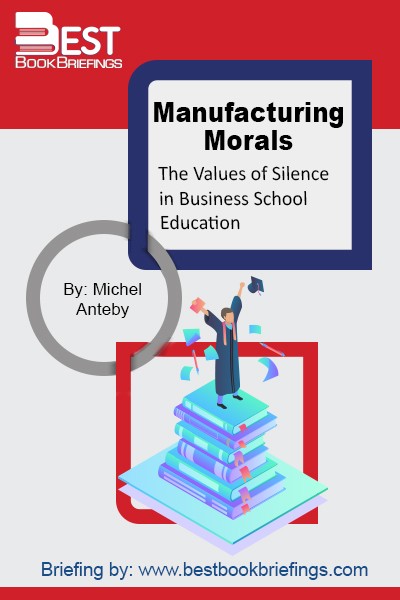
Manufacturing Morals demonstrates how faculty and students are exposed to a system that operates on open-ended directives that require significant decision-making on the part of those involved, with little overt guidance from the hierarchy. Anteby suggests that this model—which tolerates moral complexity—is perhaps one of the few that can adapt and endure
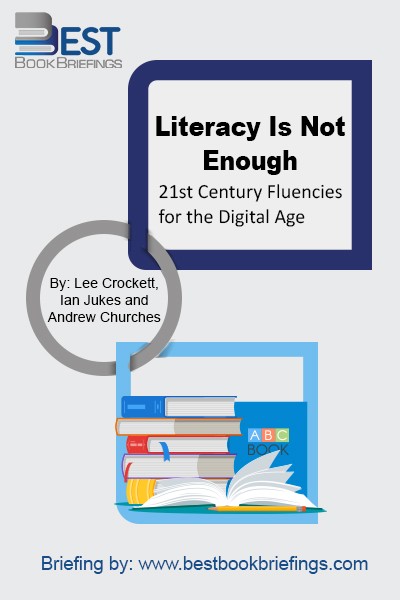
It is no longer enough that we educate only to the standards of the traditional literacies. If students are to survive, let alone thrive, in the 21st-century culture of technology-driven automation, abundance, and access to global labor markets, then independent thinking and its corollary, creative thinking, hold the highest currency. To
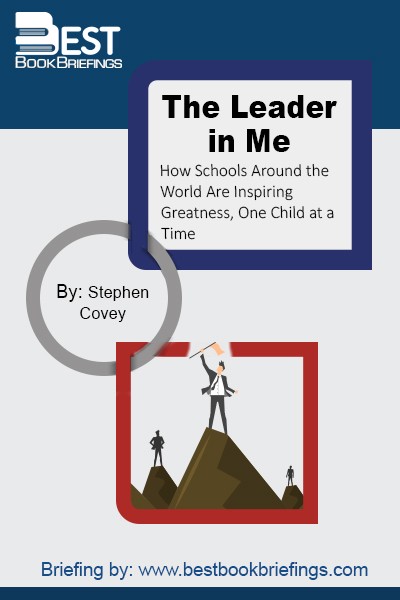
Perfect for individuals and corporations alike, The Leader in Me shows how easy it is to incorporate these skills into daily life. It is a timely answer to many of the challenges facing today’s young people, businesses, parents, and educators—one that is perfectly matched to the growing demands of our certain future.

